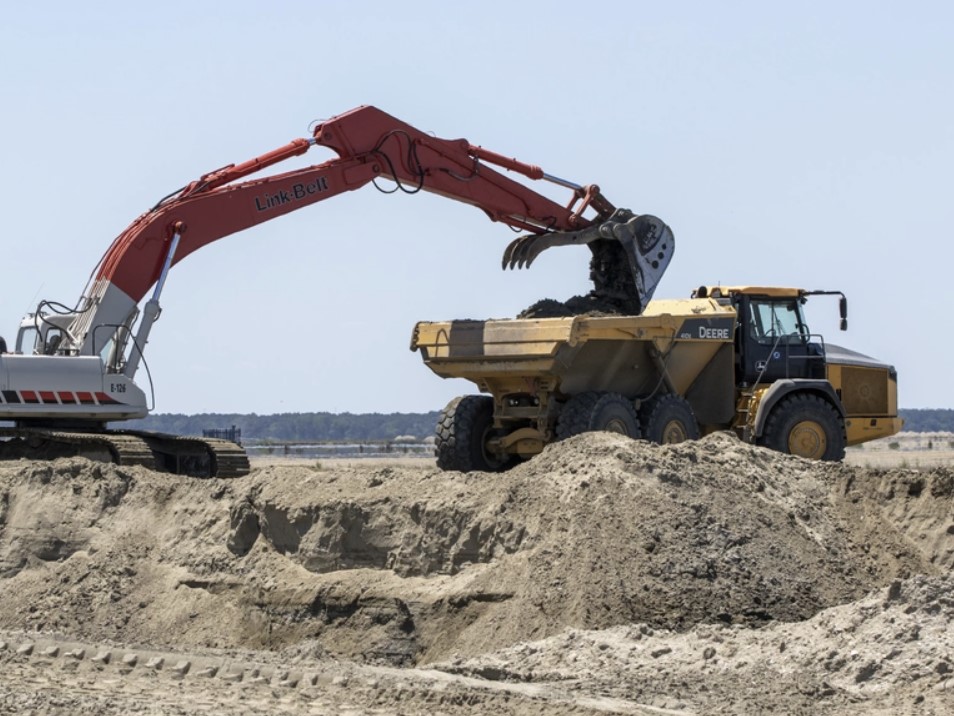The VVD wants to reduce the number of migrant workers in the Netherlands, MP Thierry Aartsen said in an interview with AD. “Not to zero,” he explained his party’s new vision on labor migration. “We really need workers from other countries. But there must be fewer than now.” The party wants stricter rules for housing migrant workers, a national register to keep track of them, and sending homeless EU workers back to their country of origin.
The VVD MP said migration is currently “problem number one, two and three” for the Dutch population, and that this will also be reflected in the PVV’s clear victory in the 2023 general election. “Anyone who goes to any village pub and asks what people are worried about will hear that.”
According to Aartsen, this is not because the Dutch have a problem with migrants, but because they put enormous pressure on society. “There are groaning and groaning problems in the health and education systems and the housing shortage,” he says.
Earlier this year, Balakrishnan Rajagopal, the UN Special Rapporteur on adequate housing, concluded in a report that decades of government policy, rather than immigrants, were to blame for the housing shortage in the Netherlands. The VVD has been the ruling party for the past 14 years and has been represented in all but two Dutch cabinets since 1982.
Aartsen believes that companies should invest in machines instead of hiring cheap staff from abroad. “Investments in automation and robots must become more attractive. At the same time, we want to reduce tax regulations that make it attractive for migrant workers to come here.”
The VVD also wants to introduce stricter requirements for the accommodation of migrant workers, said Aartsen. Employers themselves, not employment agencies, should be responsible for good accommodation for their employees. The party wants to introduce new rules that would benefit employers who “build separate flexible housing on company premises”, but not employers who work with landlords who accommodate migrant workers in separate apartments in city districts.
The party also advocates a national registration office to ensure that it is clear who is working and living in the Netherlands. And it wants to be able to send homeless EU migrant workers back to their countries of origin.
Last week, the Dutch Innovation Monitor 2024 showed that a quarter of Dutch companies that employ people from abroad plan to generate future growth outside the Netherlands if the Schoof I cabinet introduces stricter rules on labor migration. Another 23 percent may scale back their production in the Netherlands, and 17 percent said they would relocate some or all of their activities out of the Netherlands.
Anti-immigration rhetoric during the campaign for the 2023 general election and in the formation process of the current right-wing government also caused a crisis for the Dutch business climate. Large companies such as ASML, NXP, Boskalis and Van Oord threatened to move their future plans outside the Netherlands. The outgoing cabinet therefore had to scramble to keep these companies and concluded a €1.4 billion plan that promised them access to the resources they needed, including labor. ASML eventually agreed to stay in Eindhoven and announced expansion plans that would create 20,000 jobs in the region.




